As Israel continues its airstrikes on Iran, the nuclear facilities that sparked the conflict remain standing—most notably, the Fordow nuclear enrichment plant.
Israeli officials have openly stated that if the Fordow facility, buried deep within a mountain, is not destroyed, the entire military operation would be deemed a failure. There are growing concerns in Tel Aviv that without U.S. involvement, Israel will not be able to achieve its strategic goals.
On the fourth day of the conflict between Israel and Iran, both countries have intensified reciprocal attacks. Israel has targeted Tehran, Tabriz, and Isfahan with F-35 jets, while Iran has responded with drone and ballistic missile strikes on Tel Aviv, Jaffa, and Bat Yam.
Both sides have struck oil refineries and sustained civilian casualties, with the death toll rising each day. However, Iran’s nuclear enrichment facilities—seen by Israel as the core reason for launching attacks—remain intact. Analysts warn that Israel could come out of the conflict at a disadvantage if it fails to disable these sites.
The Fordow uranium enrichment facility, which lies nearly a kilometre beneath a mountain near the city of Qom, is at the centre of Israeli concerns. Military experts argue that Israel lacks the deep-penetration bombs and heavy bombers required to reach and destroy the facility.
According to a report by Axios, the outcome of the Israeli offensive will hinge on the fate of the Fordow plant. Journalist Barak Ravid stated that for Israel to succeed, it must either demonstrate exceptional tactical ingenuity or secure military support from the United States—no other viable options exist.
Israel’s Ambassador to Washington, Yechiel Leiter, told Fox News, “The entire operation must conclude with the elimination of Fordow.”
Alongside Natanz, Fordow is considered one of Iran’s most critical nuclear facilities. Despite Israel’s advanced capabilities, experts agree that it lacks the equipment needed to neutralize a facility buried so deeply underground.
The United States, on the other hand, does possess such capabilities. B-52 bombers stationed at Middle East bases are within operational range of Iran. However, the Trump administration has so far limited its support to defensive measures.
One Israeli official told Axios that President Donald Trump had hinted at possible U.S. participation during a recent conversation with Prime Minister Benjamin Netanyahu. Yet, the White House promptly denied the claim. A senior White House official confirmed that while Israel had made the request, the U.S. had not approved it.
Speaking to Al Arabiya, an Israeli official admitted that failure to destroy the Fordow facility would render the entire campaign futile. He stressed that U.S. involvement is essential to achieving the war's objectives.
“We fear American pressure before we reach our goals,” he said.
"Even if President Trump initially supports the operation," he added, "should Washington begin pressuring Israel to halt its offensive, Tel Aviv would have no choice but to agree to a ceasefire."
Why is Fordow so important?
Located about 160 kilometres south of Tehran near the city of Qom, the Fordow facility was constructed deep underground—nearly a kilometre beneath the surface. Its existence became public in 2009 and raised serious concerns among international nuclear watchdogs about Iran's potential nuclear weapons ambitions.
In 2015, Iran agreed to limit activity at Fordow under a nuclear deal with the Obama administration, converting it into a research facility and suspending enrichment activities for 15 years. However, after President Trump withdrew from the deal in 2018, Iran resumed operations, enriching uranium to 20% by 2021 and 60% by 2022.
According to a 2025 report by the International Atomic Energy Agency (IAEA), Iran now possesses uranium enriched to 60%. While that level is below the 90% needed for nuclear weapons, the IAEA warned that it would be sufficient to produce at least six nuclear bombs if further enriched.
Experts note that Iran is currently the only country with uranium enriched to this level without having a declared nuclear weapons program.
Read next
14:00
Factbox
Israel launched a strike on Saturday targeting Iran’s energy sector for the first time in its current military campaign, hitting installations at the South Pars gas field, a major fuel depot in Tehran, and a nearby oil refinery.
07:40
Von der Leyen
European Commission President Ursula von der Leyen reaffirmed her position during a call with Israeli Prime Minister Benjamin Netanyahu, stating that Iran must not obtain nuclear weapons.
06:52
Escalation continues
Iran launched a fresh wave of missile attacks on Israel early Monday, injuring at least 25 people and triggering nationwide alerts and defence responses according to Channel 12, citing emergency officials.
00:45
IRGC official killed
A major Israeli airstrike in central Tehran has killed the head of Iran’s IRGC intelligence directorate and his deputy, dealing a serious blow to the country's internal security network.
22:25
Iran-Israel
On Day 3 of the escalating conflict, a new wave of ballistic missiles was launched from Iran towards Israel, striking fear across the region as explosions were reported in Tel Aviv and Jerusalem.




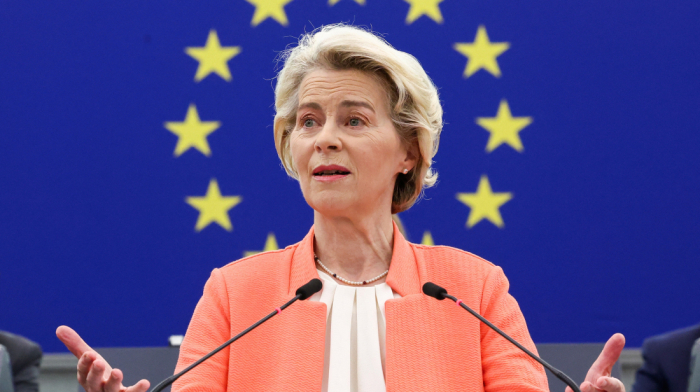

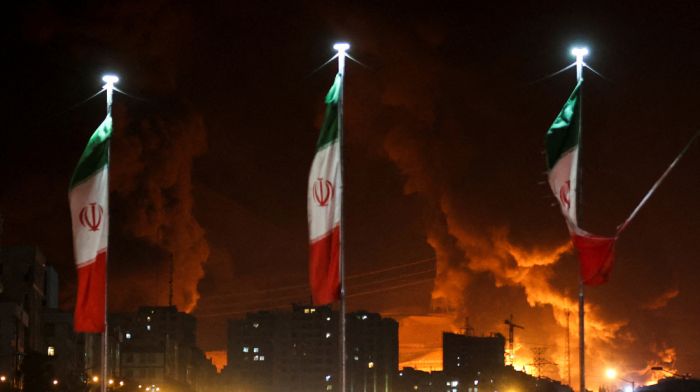
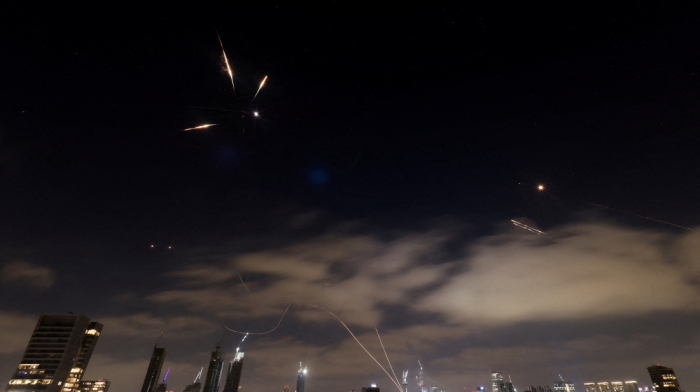

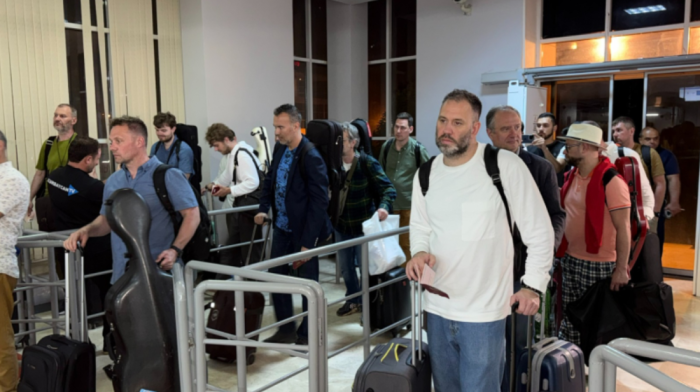



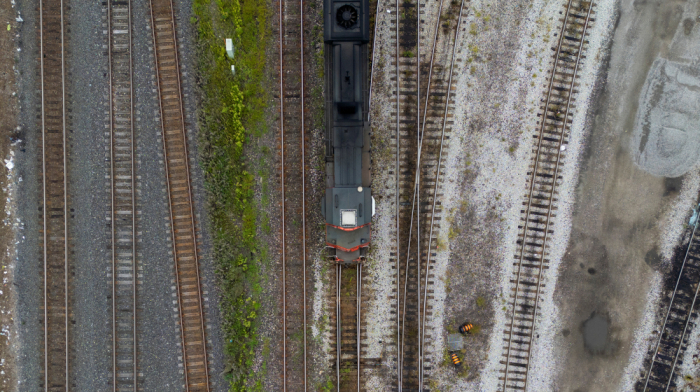
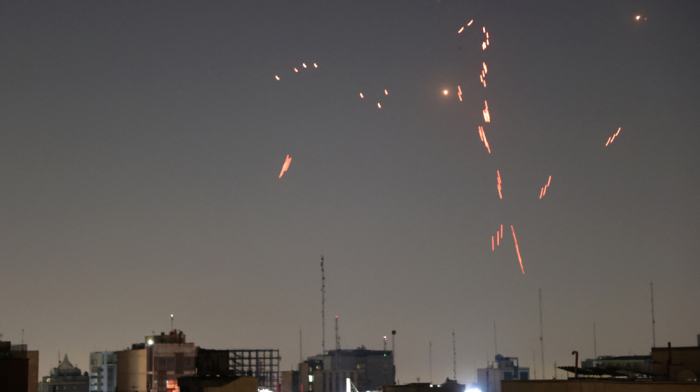
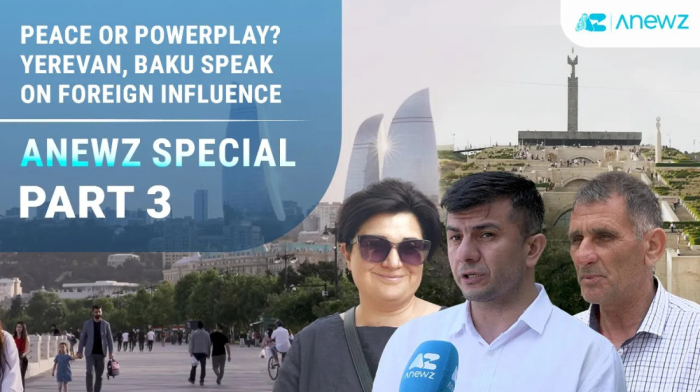
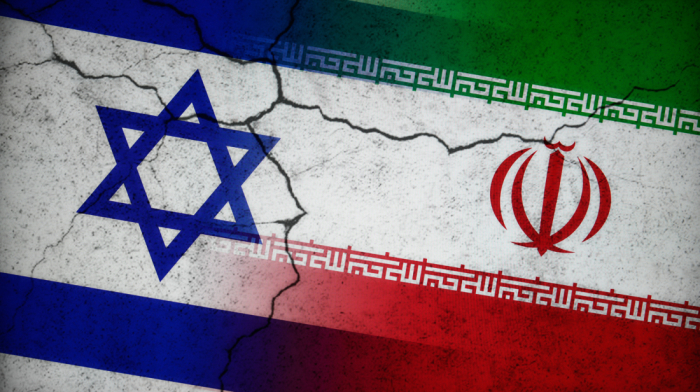
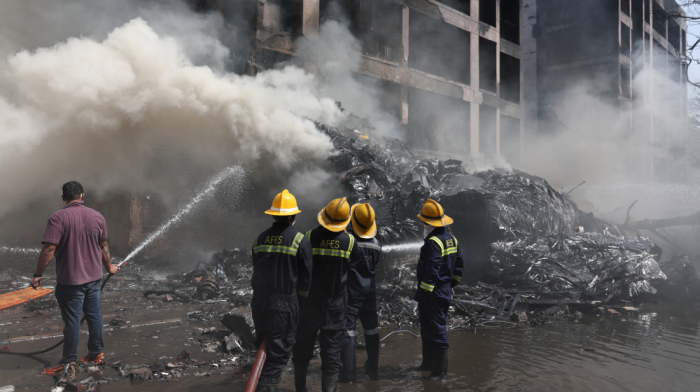


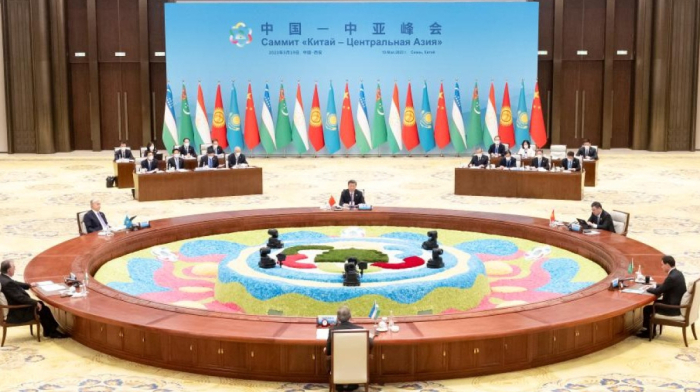

What is your opinion on this topic?
Leave the first comment